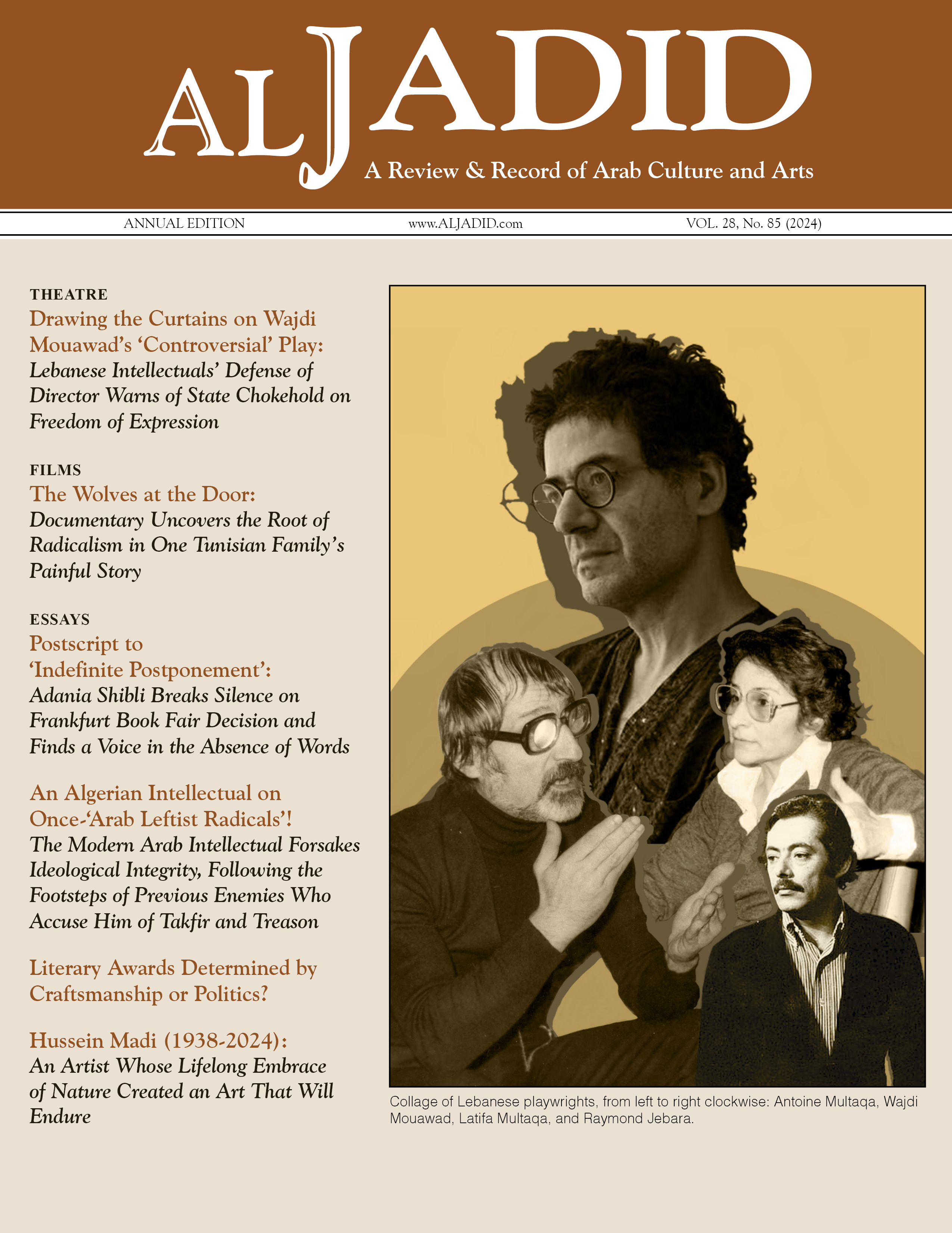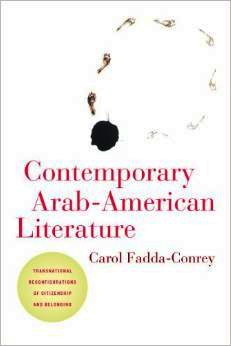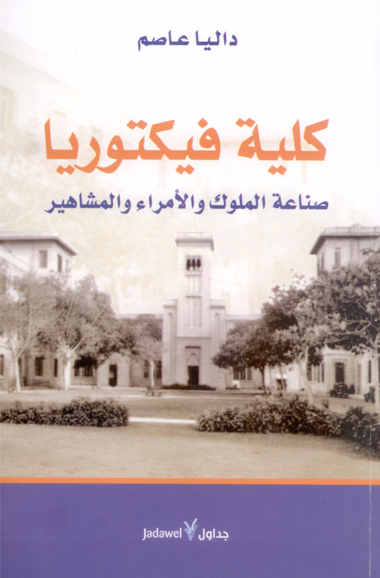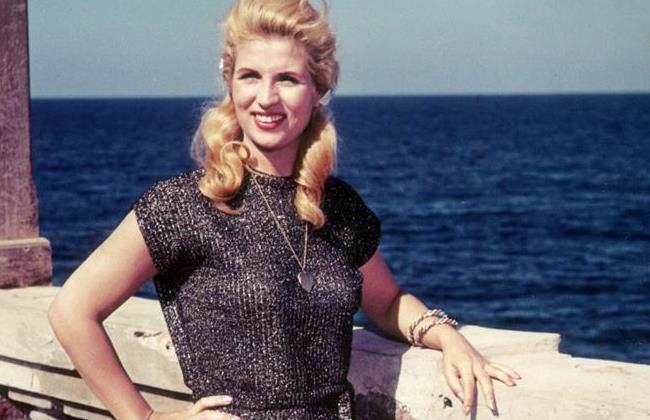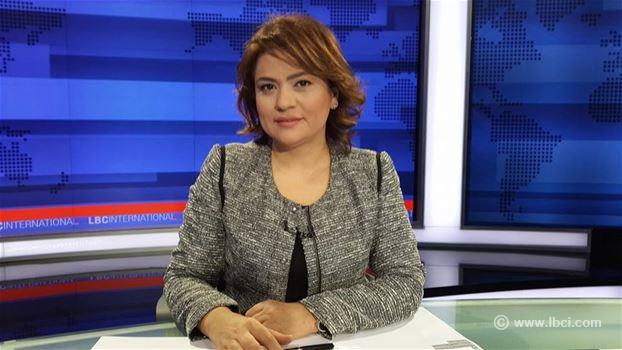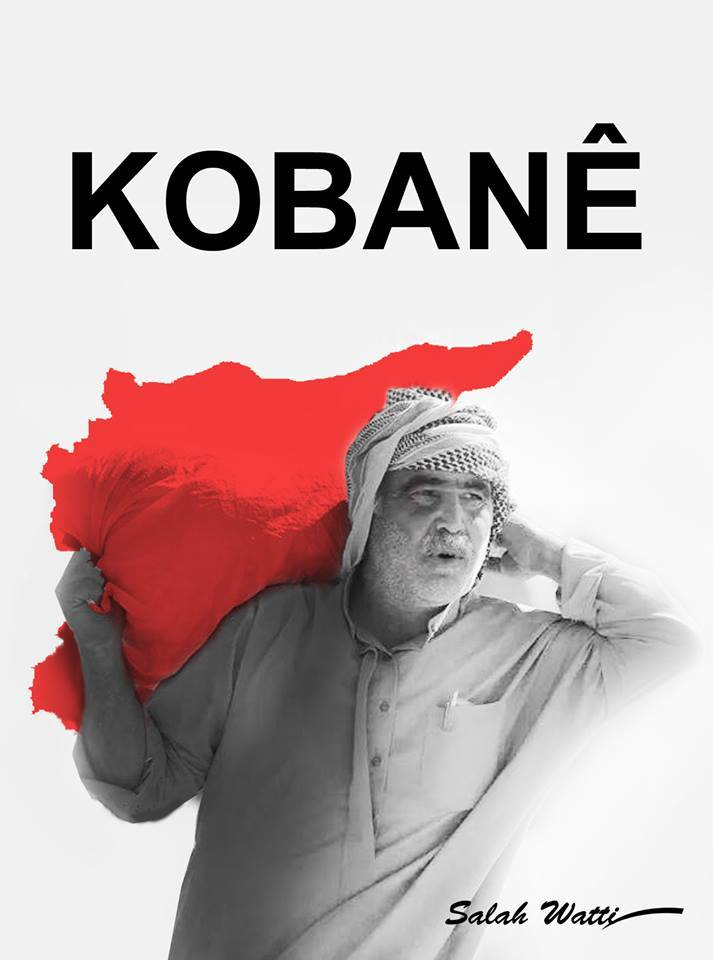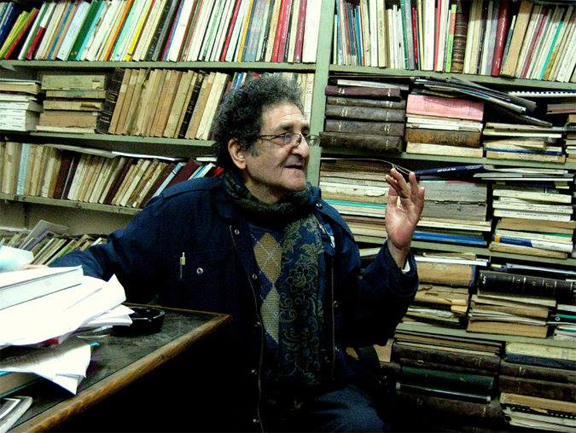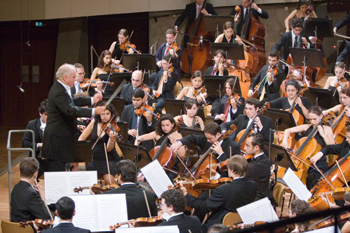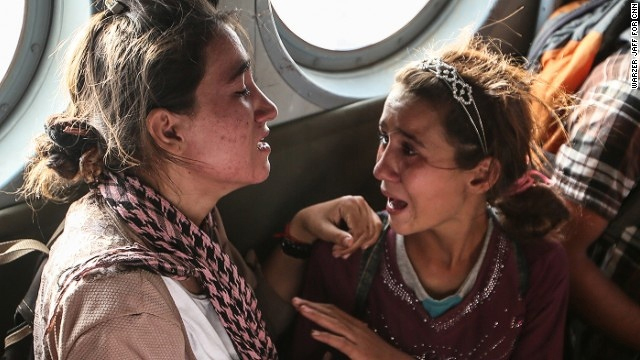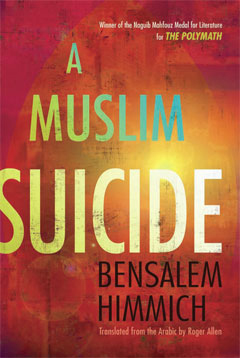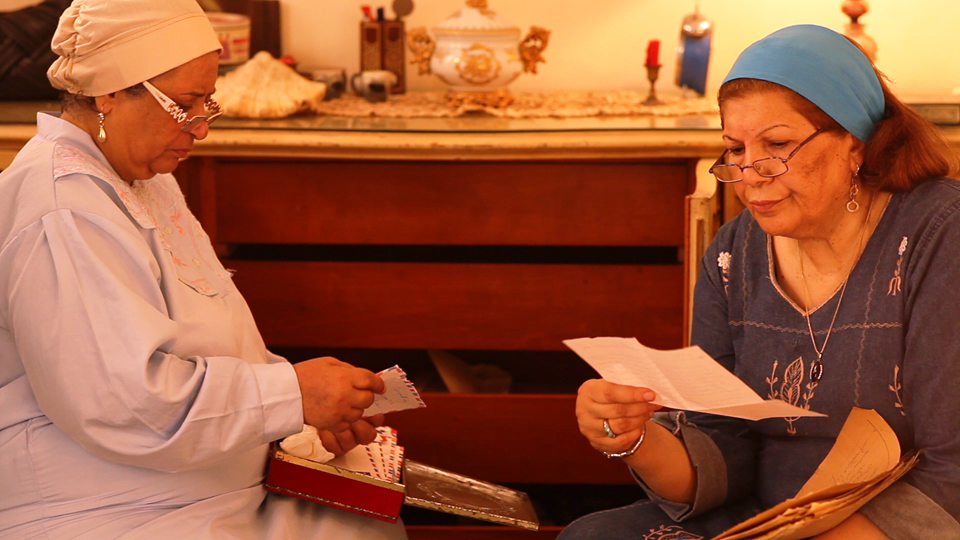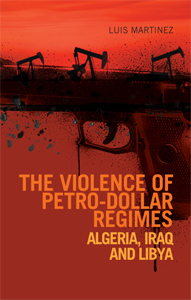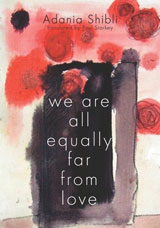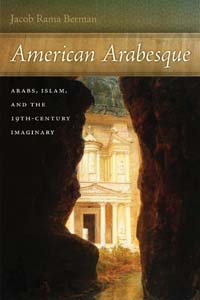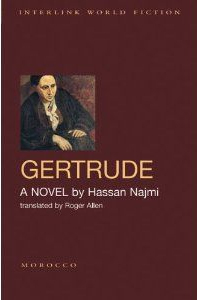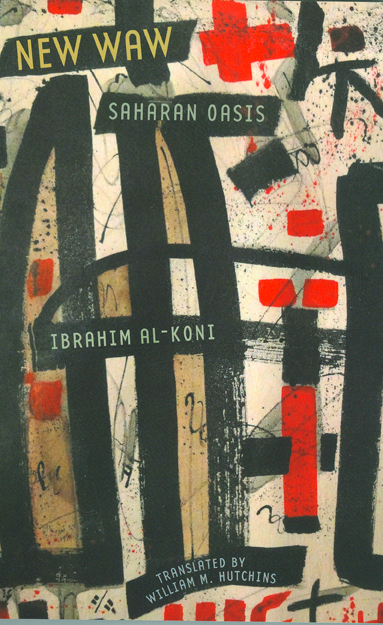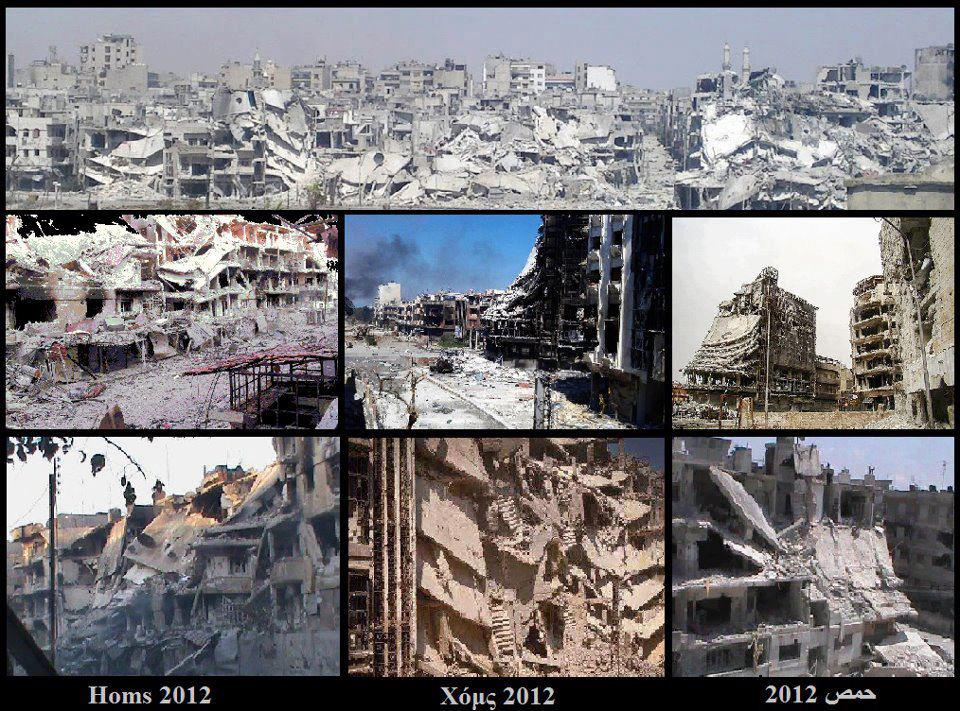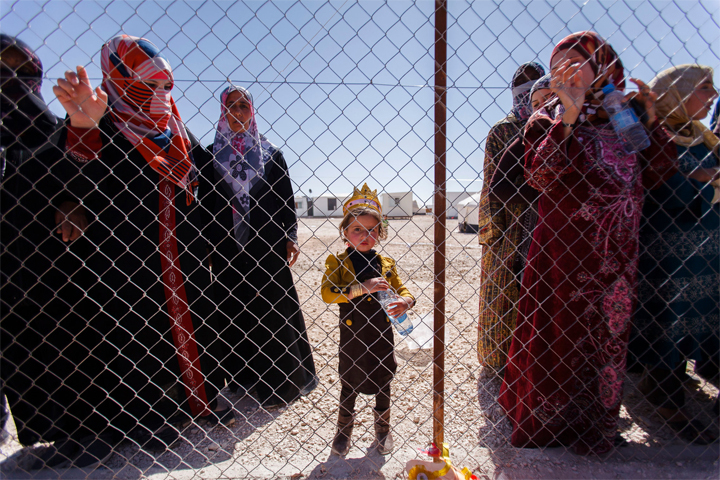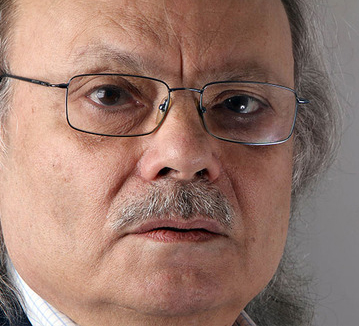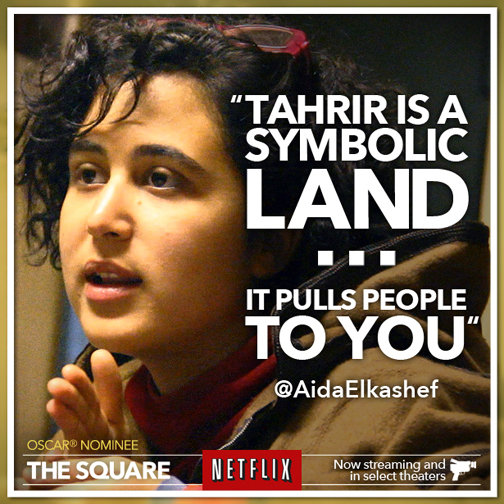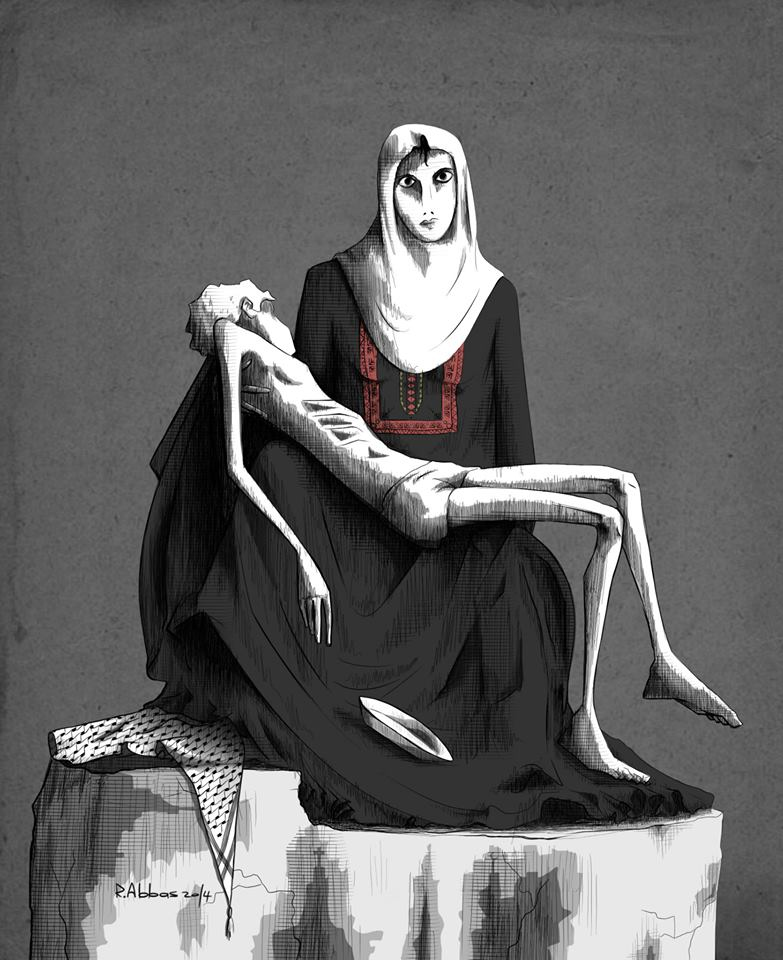The Cultural View from Within and Without
Victoria College: A Transcendent History
Adieu to Sabah, a Lebanese diva with an eternally fertile voice
Although Sabah remained off the stage, professionally speaking, for some time, the Lebanese kept hearing of and from her. Many Arab generations, especially the Lebanese, would miss her. Few would deny that she had become a household name since the 1950s, and even before. Though her songs varied with time, still she will be remembered most for her traditional folk music where she specialized in a Lebanese folk tradition called the mawal, which held a great appeal for early Lebanese generations, ourselves as well as our parents.
My Story with You is Different
Azadi for Kobani
Watching a Kurdish city almost disappear from its "Kurdishness" as hundreds of thousands flee to Turkey is as painful as watching the millions of other Syrians thrown out into the cold in their own country and in neighboring states. Kobani under siege by ISIS rekindles distant and recent memories of Arab-Kurdish relationship, a history marked by chauvinistic Arab condescension toward the Kurds.
Asala a Thorn in Assad's Side, Her Arrest a Black Eye for the Lebanese Government
It's High Time for Statehood for Kurdish Nation-in Waiting!
I vividly recall the diatribes of the Baathists and Arab nationalists, during the course of which they even denied that the Kurds have an ethnic identity of their own, instead asserting that they are actually Arabs! And if they did not know who they were, then we needed to "educate" them! But the important issue remains that the "rejectionists of today/pan-Arabists" rarely, if ever, support the establishment of a Kurdish state, and instead find themselves in the same bed with Mr. Sykes and Mr. Picot, who left both the Kurds and the Palestinians stateless after WW I.
Farewell and thanks to Ahmed Seif (1951-2014) who was called "The sword of the people," and who pushed human rights to center stage
Farewell and thanks to Ahmed Seif (1951-2014) who was called "The sword of the people," and who pushed human rights to center stage
Music Trumps Politics: Israeli-Palestinian Orchestra Weathers Gaza Storm
'Photographs of Agony', from Vietnam to Gaza, from Ghouta to Mount Sinjar
The memory seems as though it is wired to store images, images that often live unpredictable lives within the psyche. Aziza, a 15-year old Yazidi Kurdish girl, has been haunting me for more than a week. Her innocent facial expression, a look of fear mingled with cognitive disorientation, continues to disturb me despite the helicopter that ferried her out of Mount Sinjar to safety. CNN’s Ivan Watson, the reporter who aided Aziza onto the chopper, is said to have become choked up with tears on several occasions.
Al Jazeera's Floating Symbol of 'New Type of Media' Slowly Sinking
New TV Series on Arab-Israeli Conflict Echoes Old Ideas of ‘Balance’
A Philosopher’s Tale: The Remarkable Life of Ibn Sab’in
Dina Abd Elsalam on Passion, Art, and Inspiration
In this fascinating interview, Professor Nada Ramadan Elnahla talks with Dina Abd Elsalam, Egyptian filmmaker, novelist, and Alexandria University lecturer. Dr.
"Oil Curse": The Petro-Dollar Paradox
Fragments of Love and Loneliness: Adania Shibli’s New Novel
The Arab: A 19th Century American Imperialist Narrative
The Bedouin and Gertrude Stein
From Nomad to Farmer: The Steep Price of “Civilization”
A Tale of Two Lies: 'Transfer' of Homs Population Sold As 'Victory'
Reason Slides Backwards as Assad Moves Toward a "Landslide"
Shakespearean Tragedy Brings Hope to Syrian Children of Al-Zaatari Camp
While reviewing readings I had missed, some photographs in the New York Times caught me off guard. Tricked by Ben Hubbard's lead to the April 1 news story ("Behind Barbed Wire, Shakespeare Inspires a Cast of Young Syrians"), I initially believed the King in the camp to be King Abdullah II, and the king’s daughters to be Abdullah’s own (although I did not know if he actually had any daughters). Were they there to comfort the Syrian refugees whose camp has become the equivalent of the fourth largest Jordanian city?
The Passing of Unsi al-Haj
‘The Square’: A Precarious Mixture of Art and Politics
"WITH PALESTINE BUT AGAINST THE PALESTINIANS!"
"I am amazed," wrote Fawaz Traboulsi on his Facebook page. His astonishment concerns the mumannah group’s positions on Palestine. "'With Palestine and against the Palestinians’ is the name of a recently established political movement in the region," Traboulsi wrote.

